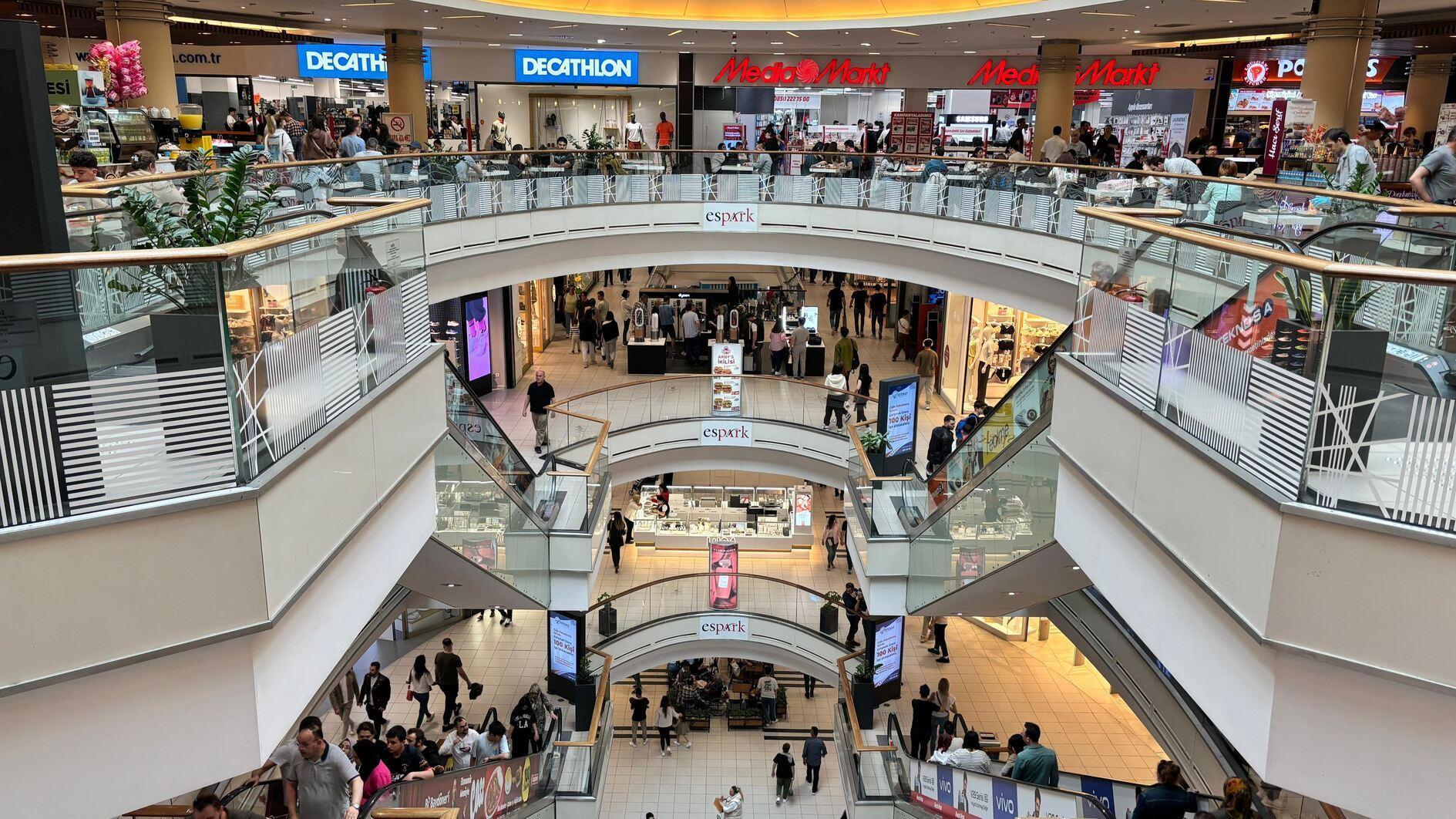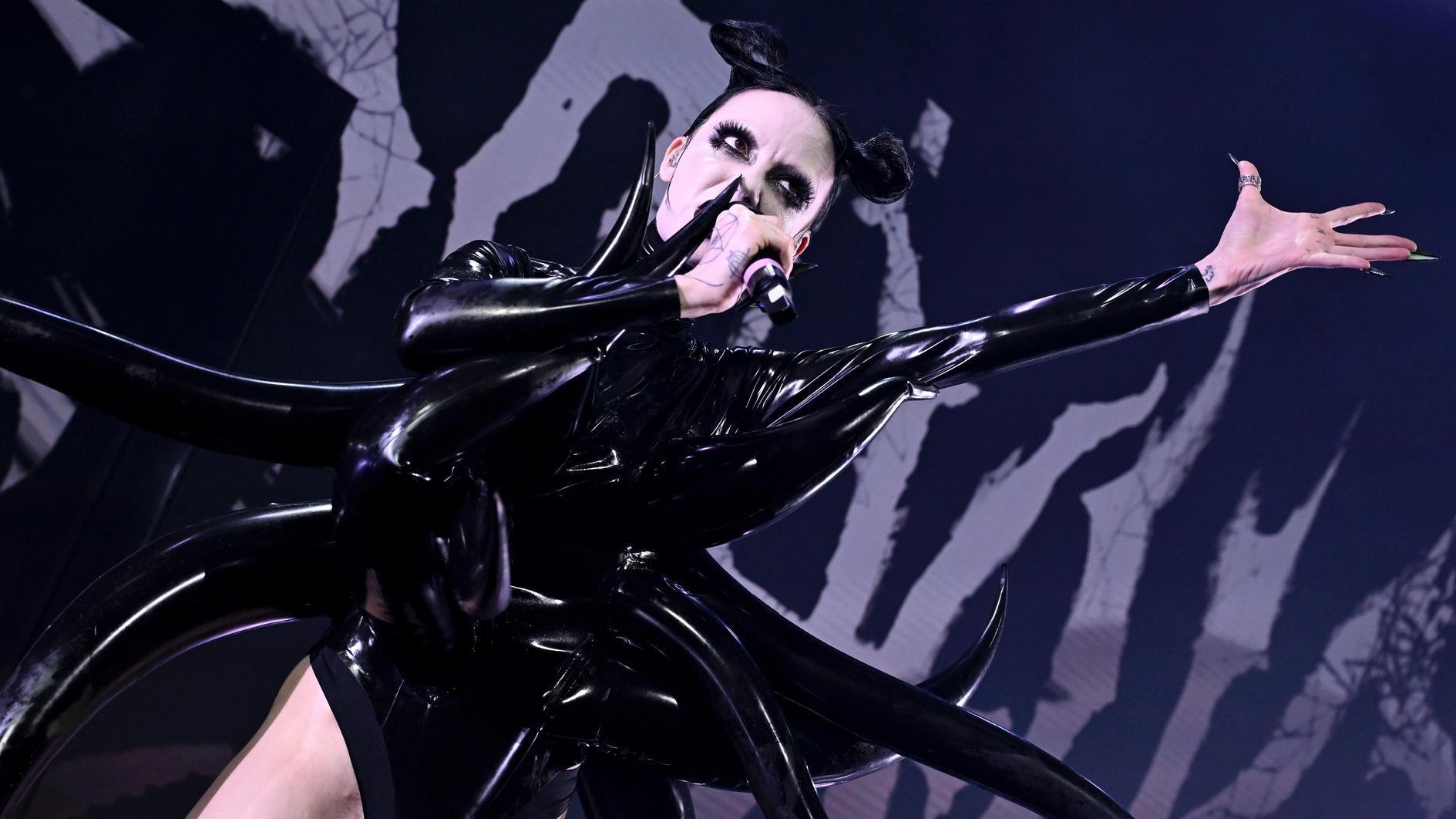Turkey, Russia and tomatoes
It was stated President Recep Tayyip Erdoğan and his Russian counterpart, Vladimir Putin, “shared the same opinion on Iraq and Syria” in their three hour meeting on Sept. 28. Nevertheless, despite that it was regarded as a major foreign policy event, curiously neither the government party, nor the media, highlighted Putin’s visit.
It seems the most positive outcome was clearly the lifting of the ban on tomato exports to Russia, as stated by Economy Minister Nihat Zeybekci. Even so, the minister has been skeptical about the timing of the lift of the ban and it is understood Russia will resume imports in small parcels during the winter season. Nonetheless, it has been perceived as another sign of the normalization of Turkish and Russian relations after Turkey had shot down the Russian jet near the Syrian border, which had harmed relations. Apart from the tomato deal, no other details of the high level meeting were revealed and statements about the issues of Syria and Iraq have remained rather vague.
The reason behind it may be the difference of priorities between Russia and Turkey’s expectations from each other. Russia’s priority seems to be on settling Syrian affairs. It also seems to expect Turkey to use its leverage on Syrian Islamic groups to achieve a sustainable cease fire in Syria, particularly in the Idlib province. Turkey seems to not disagree with Russia anymore on Syrian policy, but obviously has higher expectations from Russia concerning regional politics. Recently, Turkey’s major concern is the issue of Kurds in Syria and Iraq, particularly the recent Kurdish referendum in Northern Iraq. Nonetheless, Putin did not seem to engage in that issue in the last meeting in the way Turkey expected. Although it was not made public for understandable political reasons, the governing party must have been disappointed by Russia’s reluctance to support Turkey’s case against Barzani’s referendum. That is why government circles chose to underline the determination of Iraq, Iran and Turkey alone to hinder Kurdish independence in Northern Iraq without mentioning Russia.
Besides, Turkey obviously expects and in fact, needs closer relations with Russia to compensate for its deteriorating links with the Western world. Russia, on the other hand, seems to enjoy the outcomes of the rift between Turkey and the West and concomitant rift within NATO, but does not consider filling the void for various reasons.
I do not think it is mainly because Putin still feels resentful about Turkey. I think it is mostly because Russia is unwilling to contest the Western powers on Turkey. Putin is a great strategist who would not indulge in the delusions of Eurasianism. He knows Russia’s limits on international power. Besides, Russia has great stakes in the region, not to be endangered by Turkey’s hectic politics. It is a rather shallow understanding of international and regional politics to expect Russia to strongly oppose Kurdish independence in Northern Iraq. Even during the years of the Cold War, the international order was not based on a simple contest of power between Russia and the West. It is even more complicated nowadays. Under the circumstances, it is rather naive to expect Russia to be eager to be an unconditional ally with any country at odds with the U.S. and the West and to shape its foreign policy in tune to such whimsical alliances.
I hope the rulers of Turkey cease to be naive about regional and international politics. Otherwise, we will have to be content with only selling tomatoes.











